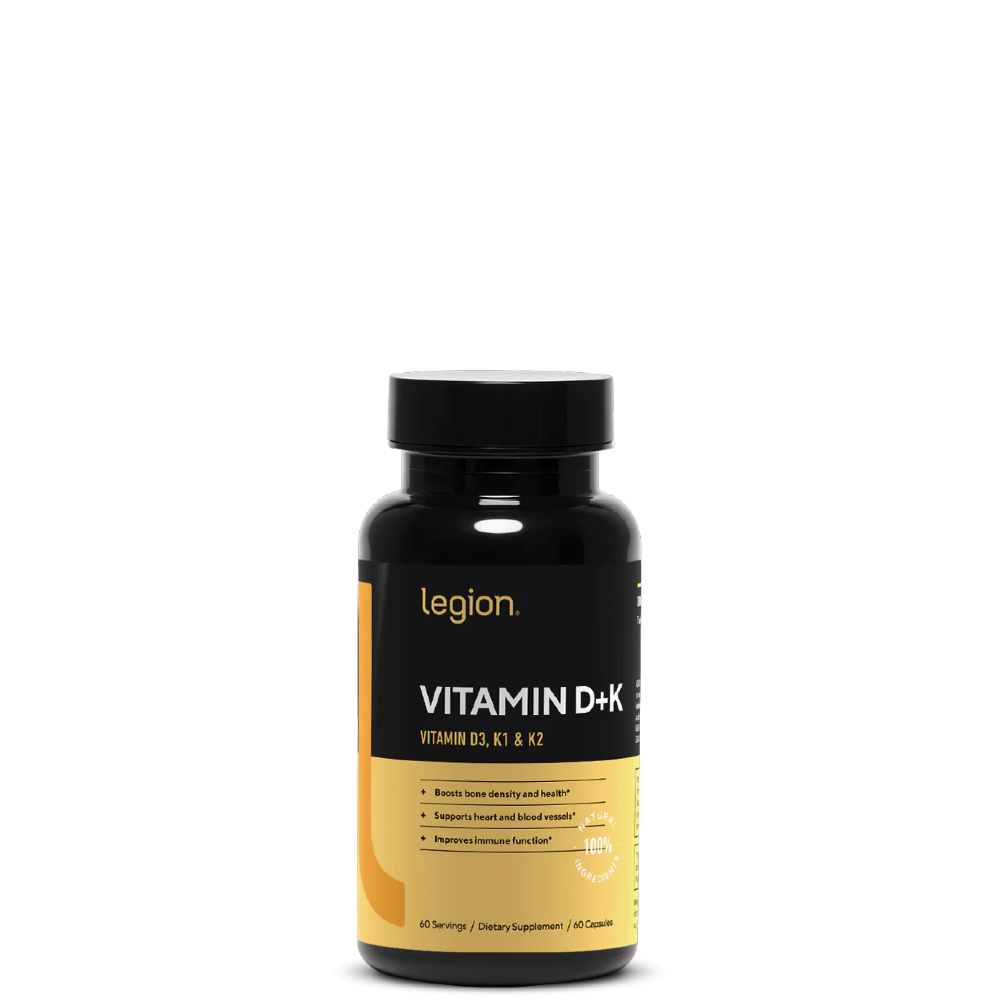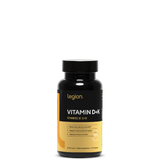- Choosing a selection results in a full page refresh.


Couldn't load pickup availability
The Vitamin D + K supplement provides two essential nutrients that work together to support bone, heart, and immune health. This daily formula combines vitamin D, known for promoting calcium absorption, with vitamin K, which helps guide calcium to the bones and away from arteries.
Together, these vitamins support overall wellness by promoting strong bones, cardiovascular balance, and immune defense. Whether you’re looking to maintain long-term health or add extra nutritional support to your routine, Vitamin D + K offers a simple, effective solution.
Combines vitamin D and K for synergistic support
Promotes bone strength and calcium absorption
Supports cardiovascular and immune health
Convenient daily capsule form
Designed for both men and women
This supplement delivers a straightforward way to cover two key nutrients often lacking in modern diets. Use Vitamin D + K daily to support balance, wellness, and long-term health.
How to Use: Take as directed on the product label, ideally with meals for best absorption.
Thanks for subscribing!
This email has been registered!